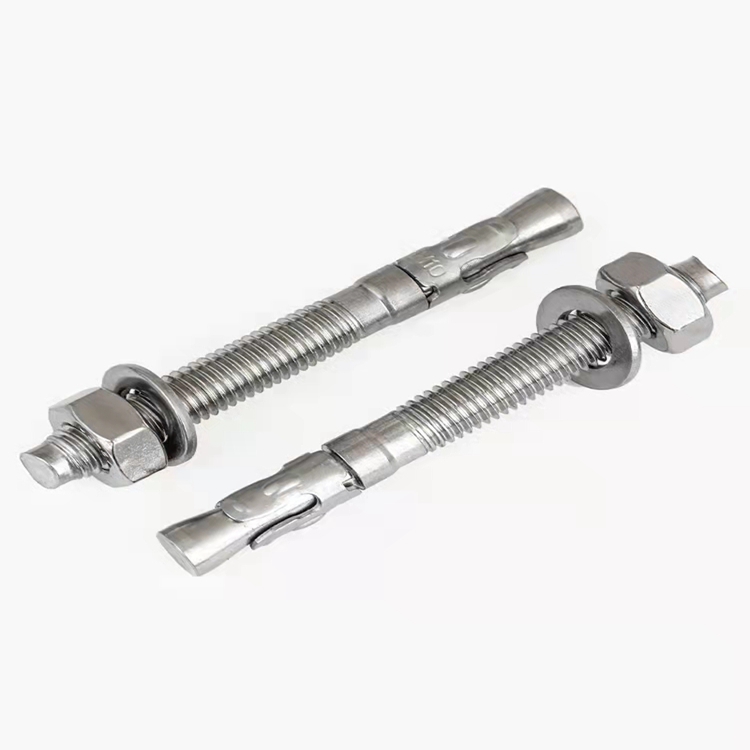transmission bellhousing bolts exporter
Sep . 12, 2024 19:40 Back to list
transmission bellhousing bolts exporter
The Importance of Transmission Bellhousing Bolts for Exporters
Transmissions are vital components of any vehicle, and the efficiency and reliability of these systems heavily depend on various parts, including transmission bellhousing bolts
. For exporters in the automotive parts industry, understanding the significance of these bolts is crucial to ensure high-quality products and foster strong business relationships with clients worldwide.A transmission bellhousing serves as a protective enclosure for the transmission, connecting it to the engine. The bellhousing bolts are essential to secure this connection, allowing the transmission to function optimally. These bolts must withstand significant torque and vibration during operation; therefore, their quality cannot be compromised. Exporters need to source these bolts from manufacturers who adhere to strict quality standards and use high-grade materials suitable for automotive applications.
The global market for automotive parts is increasingly competitive, which makes it imperative for exporters to offer durable and reliable transmission bellhousing bolts. This requirement pushes exporters to establish robust quality control processes during manufacturing as well as stringent testing protocols to ensure that each bolt meets the necessary specifications for strength and durability. By doing so, exporters can position themselves as trusted suppliers in the automotive industry, increasing their chances of realizing long-term partnerships with international clients.
transmission bellhousing bolts exporter

Additionally, exporters should be aware of the various regulations and compliance requirements in different markets. Some regions may require specific certifications for automotive components, including transmission bellhousing bolts, to ensure they meet local safety and performance standards. Understanding these regulations not only helps avoid legal complications but also builds credibility with potential buyers who value compliance with international quality standards.
In addition to quality and compliance, exporters should also focus on logistics and supply chain management. Efficiently managing the export of transmission bellhousing bolts involves coordinating with suppliers and logistics partners to ensure timely delivery. This is particularly vital for maintaining production schedules and meeting client demands. A well-organized supply chain enhances an exporter’s reputation and reliability, leading to increased sales opportunities in the highly competitive automotive market.
Furthermore, staying abreast of technological advancements in manufacturing processes can provide exporters with a competitive edge. Innovations such as precision forging or advanced coatings can enhance the performance and longevity of bellhousing bolts, making them more appealing to customers. By investing in research and development, exporters can continually improve their product offerings and further solidify their position in the market.
In conclusion, transmission bellhousing bolts play a critical role in the automotive industry. Exporters must prioritize quality, compliance, logistics, and innovation to meet the demands of a global market. By focusing on these aspects, exporters can ensure customer satisfaction and foster lasting relationships with clients, ultimately contributing to their business's growth and success.
Latest news
-
Premium Phosphated Drywall Screws Supplier | Durable, Rust-Resistant
NewsAug.27,2025
-
Reliable Wire Bolts Suppliers | Quality Zinc Plated Fasteners
NewsAug.26,2025
-
Wire Bolts Suppliers: Durable & Reliable Fasteners for Every Project
NewsAug.25,2025
-
Premium Cabinet Bolts Supplier | Wholesale & Custom Solutions
NewsAug.24,2025
-
Reliable Axle Nuts Supplier | Quality & Precision Fasteners
NewsAug.23,2025
-
Durable Bolts for Lawn Mower Handle - Top Supplier & Manufacturer
NewsAug.22,2025
